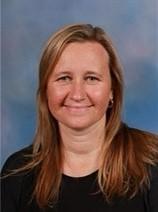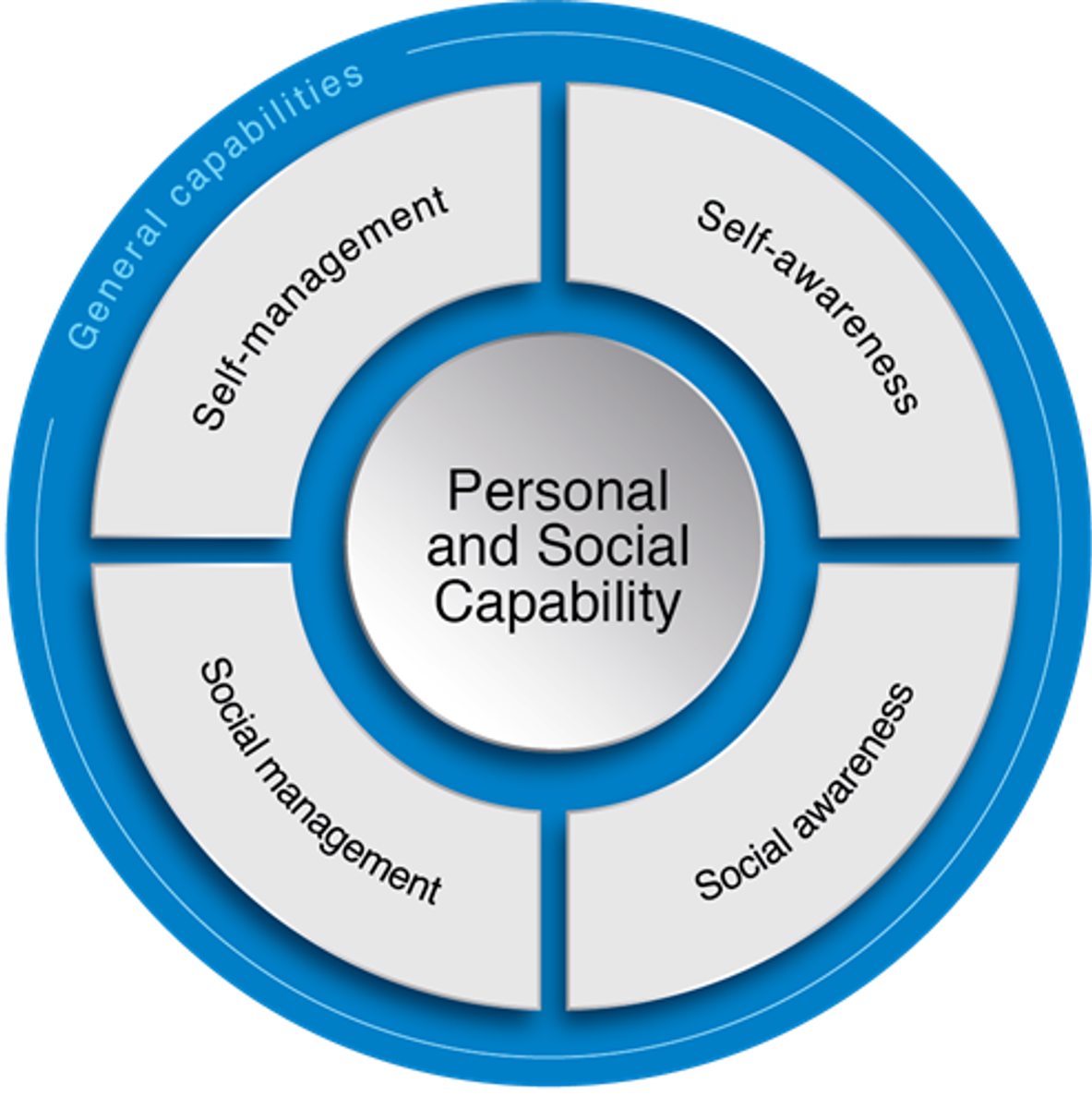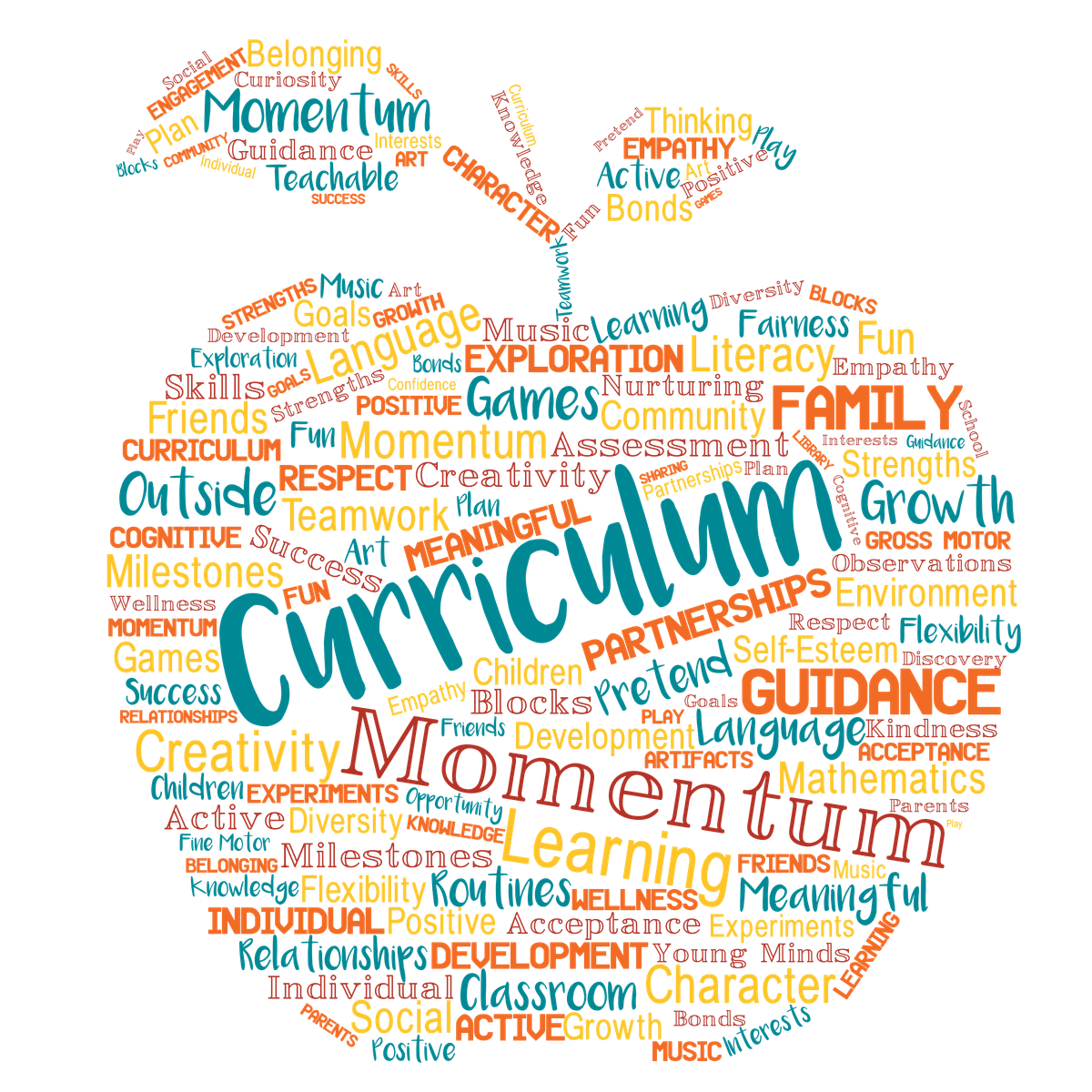Excellence in Teaching and Learning

Emmaleen Oakley
Assistant Principal
Welcome back, I hope the start of the year has been positive and smooth for your child.
I can see how the opportunity for students to move to their new classes during the final week of 2020 had positive effects for the start of 2021. It's been lovely to see so many students make their way to their new classrooms independently.
Additional 2020 Annual Implementation Plan (AIP) Goal: To improve student learning gain in Mathematics
The School Improvement Team will be focused on implementing the actions from the 2020 AIP which will be embedded in our PLC model. We look forward to sharing the impact with you over the school year.
Building Practice Excellence
- Build a culture of collaboration focused on refining teacher practice to improve student outcomes and to measure the impact on student learning
Curriculum Planning and Assessment
- Develop, implement and embed a consistent instructional approach to the delivery of the Mathematics Curriculum with a focus on Number and Algebra.
- Develop, implement and embed whole school formative and summative assessment practices for Mathematics (CPA).
Tutor Program
I'd like to introduce our newly appointed Tutor, Shirley Yipp and also welcome her to our school community. Forty two students have been identified for the program and the instructional model that we have chosen includes a range of 1:1 and small groups teaching. The department has funded a full time tutor which is aimed to help students catch up following learning from home in 2020. Shirley has previously worked as a casual staff and is very familiar with the students, staff and is committed to our school's vision and values.
The curriculum focus for students participating in the Tutor Program Initiative will be Personal and Social Capabilities where students had goals designed at the end of 2020.
Shirley will be collaborating with the classroom teacher to embed the curriculum content in her teaching and learning work program. We know that students with well-developed social and emotional skills find it easier to manage themselves, relate to others, develop resilience and a sense of self-worth, resolve conflict, engage in teamwork and feel positive about themselves and the world around them. The development of personal and social capability is a foundation for learning and for citizenship. We are confident this focus will enable students who were disengaged from their learning due to the pandemic will benefit greatly from the targeted intervention. Please speak to your child's teacher if you are unsure if your child has been selected for the tutor program.
Curriculum News
The JSA curriculum defines what it is that our students have the opportunity to learn, set out as a series of learning progressions. Enabling students’ progress along this learning continuum is the fundamental role of JSA teachers and schools.
Our JSA Curriculum is based on the Victorian Curriculum, which is the common set of knowledge and skills that are required by all students for life-long learning, social development and active and informed citizenship.
The JSA curriculum:
- Reflects current educational reform at an international, national and state level, and is informed by the principles and practices of inclusive education.
- Supports inclusive education and the rights of every student to participate in, or have access to, the full range of programs and services offered by the education system on the same basis as their non-disabled peers.
- Provides an inclusive curriculum so teachers can equip all students with the knowledge, skills and behaviours to help them succeed in a world that is increasingly complex, rapidly changing and rich in information and communications technology.
JSA uses a range of standard curriculum options to develop and provide education programs that are meaningful for all students including:
- Victorian Curriculum F-10
- ADVANCE Program (Funded by DHHS)
- Senior secondary programs Victorian Certificate of Applied Learning (VCAL), Certificate of Individual Achievement and Vocational Education and Training (VET) in Schools.
Student learning is produced, shaped and affected by four connected components. Each of these components play a separate and distinct role in the process of student learning and each is interconnected with all of the others.
- The first is the curriculum that defines what it is that students should learn, and the associated progression or continuum of learning.
- The second is pedagogy that describes how students will be taught and supported to learn.
- The third is assessment that identifies how well a student has learnt specified content.
- The fourth is reporting that explains to the student and the parent where a student is on a learning continuum at the end of a specified period of schooling, and where this places them in relation to their own learning goals.



